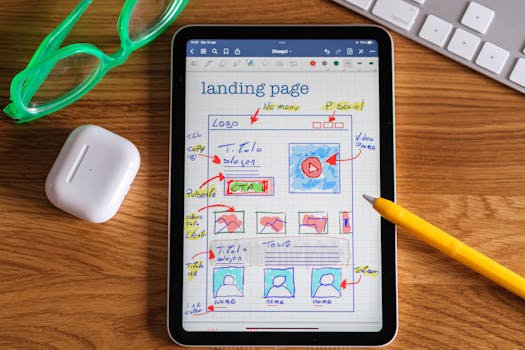You could do a higher national diploma, degree or postgraduate award in:
- UX design
- product design
- graphic design
- human computer interaction (HCI)
- digital media and web design
Entry requirements
You'll usually need:
- 1 or 2 A levels, or equivalent, for a higher national diploma
- 2 to 3 A levels, or equivalent, for a degree
- a degree in a relevant subject for postgraduate study








